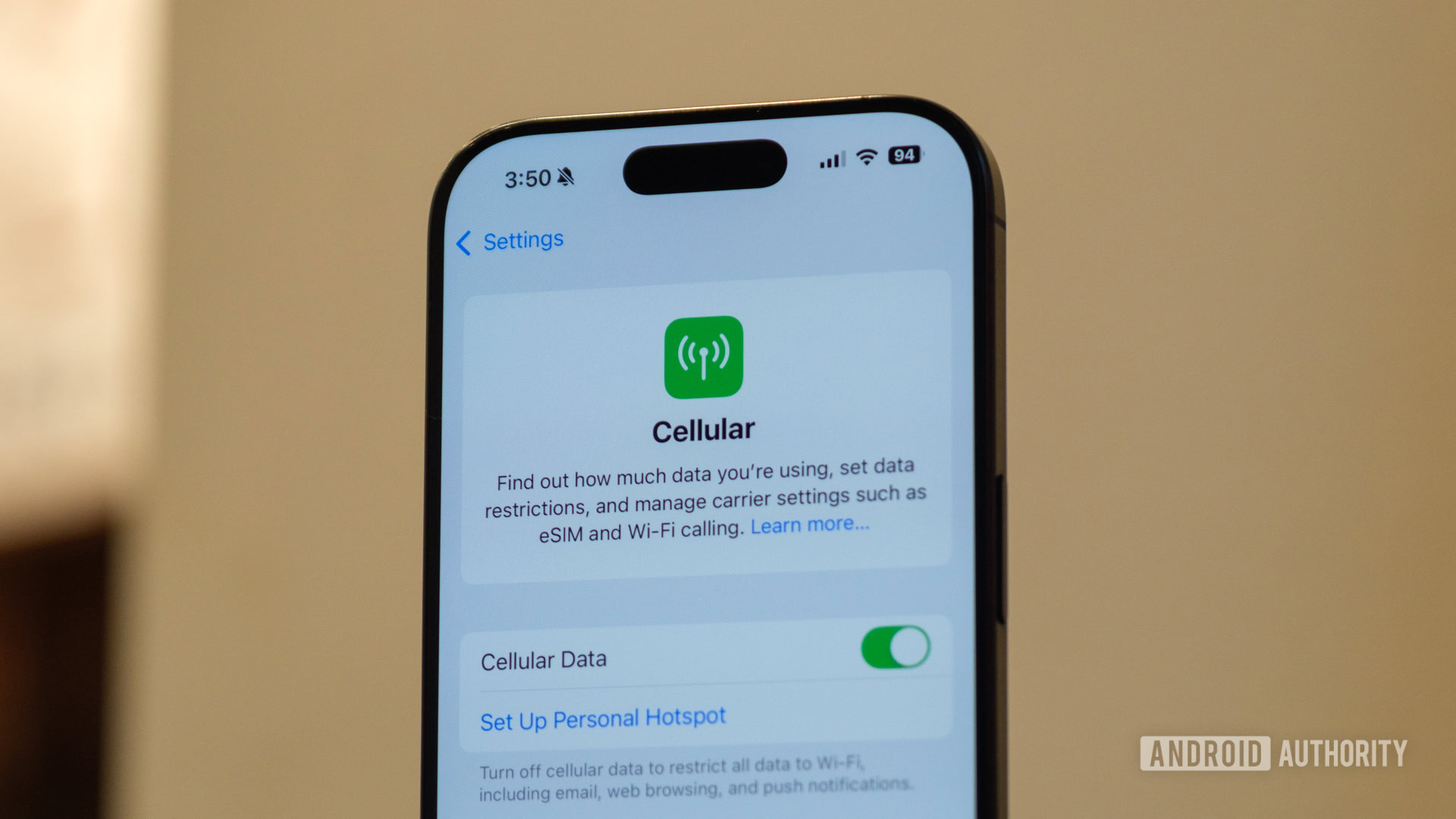Qualcomm’s Dominance Falters as 5G Modem Giants Make Surprise Switch-Up

A New Era for Mobile Modems: Apple and Google’s Big Moves
[Image: Holafly iPhone 16 Pro cellular overview]
In a shock to the tech world, Apple and Google have decided to part ways with long-time partner Qualcomm and embark on a new journey with MediaTek and Intel, respectively. This move signals a significant shift in the global mobile industry, with Qualcomm’s dominance facing a dual threat from the world’s most valuable brands.
[Image: Google Pixel 9 Pro cameras]
The news broke with the leaked Pixel 10 specs revealing that Google has chosen the unannounced T900 modem from MediaTek. For Apple, this marks its first major move towards bringing modem development in-house. The iPhone SE 4 and possibly some iPads in 2025 are expected to drop Snapdragon modems, with a potential full transition by 2027.
Qualcomm’s Loss, Apple and Google’s Gain
With Apple and Google ditching Qualcomm, the company stands to lose two significant partnerships. Qualcomm’s 5G modems are used in over half of US smartphones, making the departure of these major brands a significant blow. However, Qualcomm has a diverse portfolio and extensive patent library to fall back on, positioning it for long-term survival.
Why Apple Chose to Develop its own Modem
Apple paid $1 billion for Intel’s modem business in 2019 and has struggled to develop a custom modem. The high costs and patent issues with Qualcomm pushed Apple to pursue its own solution. Although its initial efforts won’t be exceptional, Apple expects to make significant improvements in SAR limits, satellite capabilities, and power efficiency.
Google’s Search for Affordability and Efficiency
Google wants a high-end partner, but Qualcomm’s options come with a hefty price tag. MediaTek, known for its affordable solutions, presents a more attractive option for Google. The T800 model is power-efficient and supports both sub-6GHz and mmWave. While performance is key, the T900 promises even better results.
Future of Mobile Industry
As Apple and Google make strides with their new partners, the mobile industry will evolve. Qualcomm’s 4G and 5G patent agreements will ensure a steady income stream, although its growth will rely on emerging technologies like automotive and Android XR. The fate of Qualcomm hangs in the balance, while Apple and Google’s bold moves risk early performance sacrifices.
Bullet points:
• Apple plans to develop its own 5G modems in-house
• Google is partnering with MediaTek for the Pixel 10
• Qualcomm stands to lose Apple and Google as partners
• The shift marks a significant change in the mobile industry
• MediaTek and Intel will gain from their new partnerships
• The future of Qualcomm is uncertain, relying on patent royalties and emerging technologies






